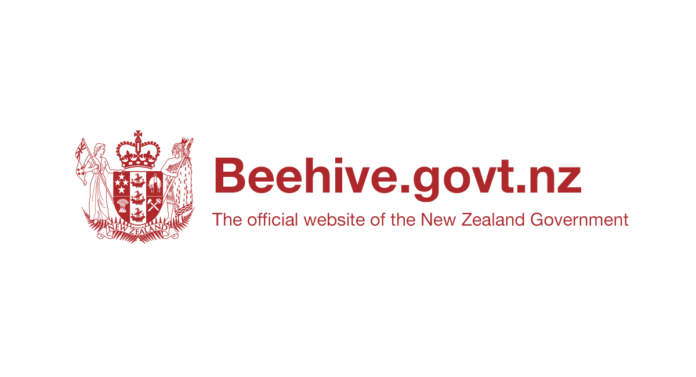Source: New Zealand Government
- Government support package means 346,000 families will be better off by an average of $20 per week
- Package estimated to lift 6000 children out of poverty
- Family Tax Credit increased by almost $15 per week for eldest child and $13 per week for subsequent children
- Best Start payment increased from $60 to $65 per week
- Orphans Benefit, Unsupported Childs Benefit and Foster Care Allowance increased by $5 per week
In a suite of improvements to family support from 1 April 2022 the Government is increasing the incomes of 346,000 families by an average of $20 a week; lifting an estimated 6000 more children out of poverty Prime Minister Jacinda Ardern announced today.
“COVID-19 has been tough on families and has contributed to the increase in the cost of living. Increasing support for low and middle income families to help cover the basics is the fair thing to do,” Jacinda Ardern said.
“We want New Zealand to be the best place in the world to be a child. Ensuring families aren’t left behind is critical to our COVID-19 response which has been underpinned by kindness and support for each other.
“Ending child poverty is a priority for this Government. It’s estimated a further 6000 children will be lifted out of poverty as a result of these changes – that’s in addition to the up to 33,000 children who will be lifted out of poverty by the increase in benefit levels earlier this year.
“The Family Tax Credit was scheduled to have an inflation increase on 1 April next year, but we have topped that up so struggling families get the extra help they need. Best Start is also going to have an inflation increase on 1 April.
“The changes are targeted towards the lowest income families. Those with family income less than $40,000 benefit the most with an average increase of $26 per week. But we know all families are doing it tough, so everyone receiving a Family Tax Credit or Best Start payment will be better off compared to what they receive now.
“This change is also on top of our significant boost to benefit rates by between $32 and $55 per adult earlier this year and is just one extra thing we can do for families in these tough times. I know it will make a difference,” Jacinda Ardern said.
“The Government is committed to transforming the welfare system,” Minister for Social Development Carmel Sepuloni said.
“Each change we make brings us closer to our goal of a system that ensures people have an adequate income and standard of living, are treated with and can live with dignity, and are able to participate meaningfully in their communities.
“We have made significant progress on implementing the recommendations of the Welfare Expert Advisory Group which has included lifting core benefit levels to historic levels. We are now well into advancing our medium term work plan. This plan includes a full review of the Working for Families system. This review is currently underway and more details will be released next year,” Carmel Sepuloni said.
The changes announced today will also see an increase of the abatement rate for the Family Tax Credit from 25 percent to 27 percent. This change means those on the lowest incomes will receive the most, and no one will be worse off compared to what they receive now.
Reducing child poverty is a priority for the Government. Since taking office in 2017
- 109,000 families and whānau with children will be, on average, $175 a week better off as a result of income support changes made by the Government since 2017.
- All nine child poverty measures have gone down
- There are 43,300 fewer children in poverty since 2017/18 using the after-housing cost measure and 18,000 fewer children in hardship.
- In Budget 21 we announced that weekly benefit rates would be lifted by between $32 and $55 per adult, in line with a key recommendation from the Welfare Expert Advisory Group (WEAG), with an additional $15 a week for families with children. It was the largest benefit increase in decades.
- Between 19,000 and 33,000 children are projected to be lifted out of poverty on the after-housing-costs measure in 2022/23 as a result of increases to benefit levels announced in Budget 2021.
- In April 2020 as part of our immediate COVID response increased benefits by $25, doubled the Winter Energy Payment for 2020, and broadened eligibility for the In-Work Tax Credit
- We have expanded our free and healthy daily school lunch in schools with high levels of disadvantage so that by the end of 2021 over 200,000 students will be receiving these lunches
- We are rolling out free period products for all students across New Zealand



